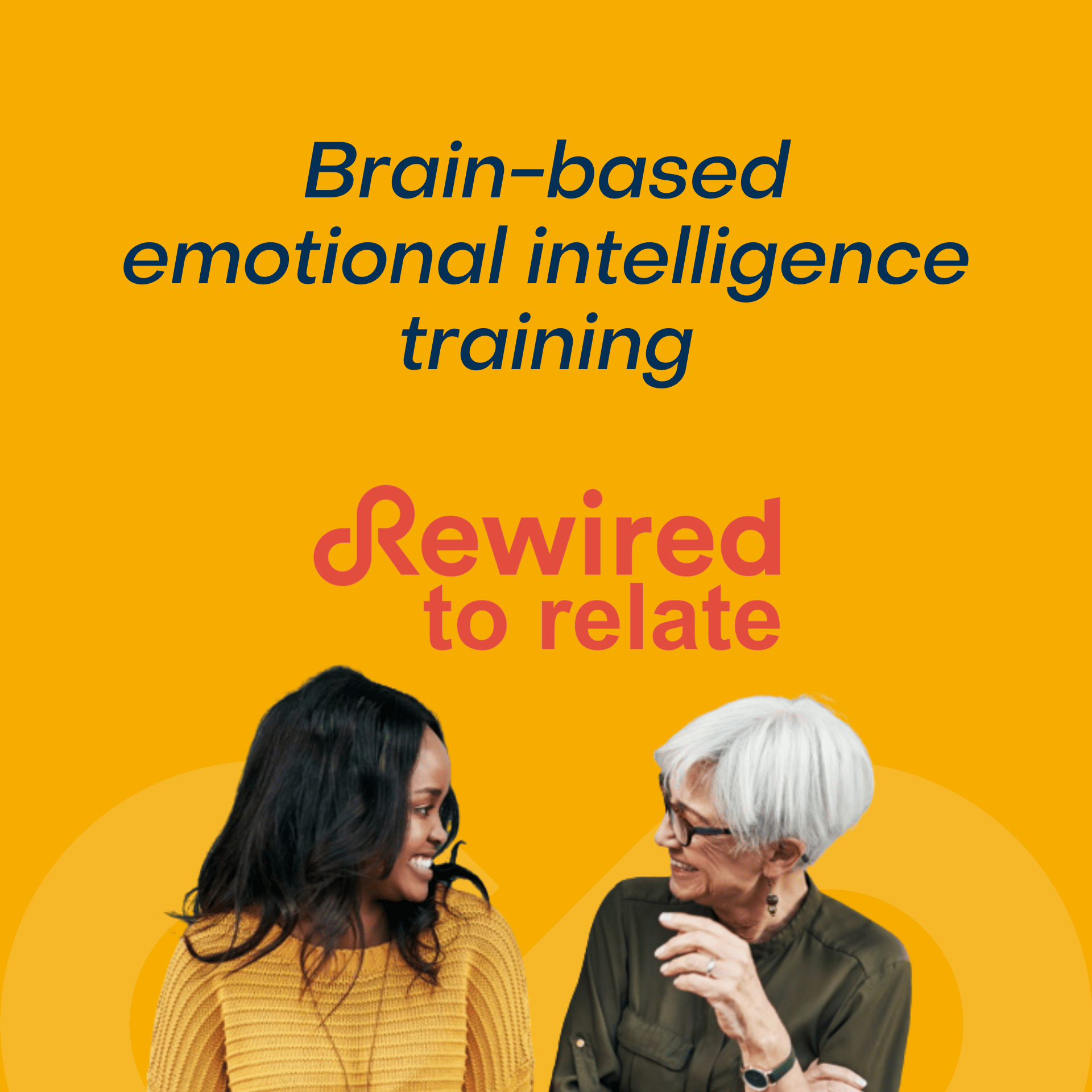
Who is responsible for our responses? It’s complicated!
On one hand, each of us is responsible for managing our feelings and emotional responses – even though they feel automatic and are sometimes out of our control.
On the other hand, we can’t use that as an excuse to be harsh and critical. Some people will use “nobody can make you feel anything” as an excuse to be shamelessly toxic. But we can’t assume that everyone else will be expert at managing their emotional responses to our thoughtless behaviour.
To develop and maintain effective relationships in the workplace (and outside of it too) we need to work on both sides of this equation by learning to manage our own responses to toxic behaviour coming our way and to notice how we may trigger emotional reactions in others.
Let’s take a deeper look.
Your response is your responsibility
Of course, we are highly influenced by external events, people and news; we will respond in an emotional way because we are emotional beings. But there is a lot we can do to manage our behaviour and how we feel.
You have probably noticed some people who are easy-going and others who are more highly strung. The easy-going people tend to not get ruffled often, while others can be irritated at the slightest affront.
How can we become more easy-going?
We can reduce our reactions by tending to our perspectives and world view. If we think someone else is responsible for our happiness, for example, then we become a victim to the ups and downs of the world around us and we will react more readily.
Try this yourself: See if you can catch your innermost thoughts and viewpoints and work on changing them. Try one of these:
- If this won’t matter in 5 years’ time, then it doesn’t really matter now
- In three months, we will laugh at this, so we might as well start laughing now
- This situation will pass
- I’m OK and I can handle this
- That’s their stuff
Changing our view can change how we feel and how we react, because changing how we think changes how the brain interprets events and that changes how it responds. But this can take work and if we’re tired, stressed, hangry or overwhelmed it will be harder to change. We make this easier for ourselves when we nurture our wellbeing and develop resilience.
That’s why paying attention to our impact is so important: when we behave in toxic ways, we have an impact on others. Sometimes they won’t get ruffled but other times they will – and we could be seen as the cause.
If we want to have productive, healthy relationships, we need to care about our impact. We can’t just fly off the handle and expect others to absorb or ignore it – our outbursts take a toll on others. It adds up and at some point, they may not be able to take anymore.
Leaders, for example, have a powerful influence on the team’s productivity – bullying behaviours will most likely reduce the team’s performance, while positivity and supporting psychological safety will support performance.
Sometimes we may need to just take a mental step back before engaging with others. Blaming others only detracts from a productive relationship. Sure, someone else may have made a mistake, but instead of going on a witch hunt, we can become a little more Sherlock – what is the problem, where did it come from? Rein in our own emotions and learn to give responsible feedback – especially in a managerial or leadership position. Position has power and that just multiplies the impact we have. Let’s take responsibility for our own emotions and responses.
So, we come full circle. If we all can manage our emotions and emotional responses, relationships will be so much easier and more productive!
And all of this work – noticing your own responses, being able to change it, noticing your impact on others and being able to change that – it’s all about emotional intelligence.
Rewired to Relate

Rewired to Relate provides a pragmatic approach to developing emotional intelligence which is especially helpful for analytical thinkers and technical experts.
This hybrid programme uses self-paced and social interactions to make learning engaging and efficient.
more info